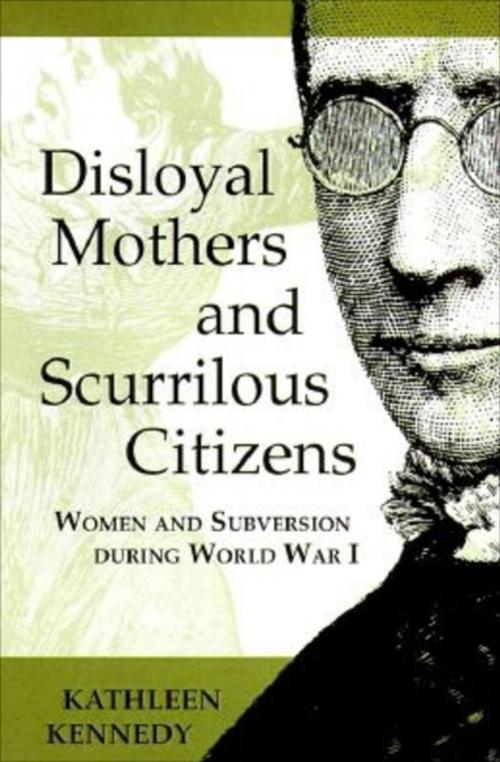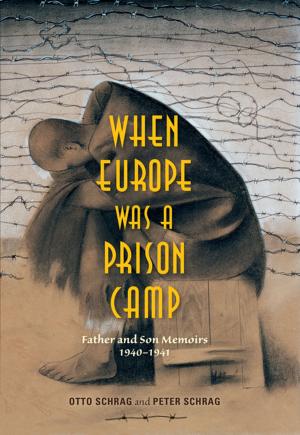Disloyal Mothers and Scurrilous Citizens
Women and Subversion during World War I
Nonfiction, Social & Cultural Studies, Social Science, Gender Studies, Women&, History, Americas, United States| Author: | Kathleen Kennedy | ISBN: | 9780253028495 |
| Publisher: | Indiana University Press | Publication: | September 22, 1999 |
| Imprint: | Indiana University Press | Language: | English |
| Author: | Kathleen Kennedy |
| ISBN: | 9780253028495 |
| Publisher: | Indiana University Press |
| Publication: | September 22, 1999 |
| Imprint: | Indiana University Press |
| Language: | English |
A concise and highly readable study of women’s influence on a crucial era in American political and cultural history.
Kathleen Kennedy’s unique study explores the arrests, trials, and defenses of women charged under the Wartime Emergency Laws passed soon after the US entered World War I. These women, often members of the political left, whose anti-war or pro-labor activity brought them to the attention of federal officials, made up ten percent of the approximately two thousand Federal Espionage cases. Their trials became important arenas in which women’s relationships and obligations to national security were contested and defined.
Anti-radical politics raised questions about the state’s role in defining motherhood and social reproduction. Kennedy shows that state authorities often defined women’s subversion as a violation of their maternal roles. Yet, with the exception of Kate Richards O’Hare, the women charged with sedition did not define their political behavior within the terms set by maternalism. Instead, they used liberal arguments of equality, justice, and democratic citizenship to argue for their right to speak frankly about American policy. Such claims, while often in opposition to strategies outlined by their defense teams, helped form the framework for modern arguments made in defense of civil liberties.
A concise and highly readable study of women’s influence on a crucial era in American political and cultural history.
Kathleen Kennedy’s unique study explores the arrests, trials, and defenses of women charged under the Wartime Emergency Laws passed soon after the US entered World War I. These women, often members of the political left, whose anti-war or pro-labor activity brought them to the attention of federal officials, made up ten percent of the approximately two thousand Federal Espionage cases. Their trials became important arenas in which women’s relationships and obligations to national security were contested and defined.
Anti-radical politics raised questions about the state’s role in defining motherhood and social reproduction. Kennedy shows that state authorities often defined women’s subversion as a violation of their maternal roles. Yet, with the exception of Kate Richards O’Hare, the women charged with sedition did not define their political behavior within the terms set by maternalism. Instead, they used liberal arguments of equality, justice, and democratic citizenship to argue for their right to speak frankly about American policy. Such claims, while often in opposition to strategies outlined by their defense teams, helped form the framework for modern arguments made in defense of civil liberties.















